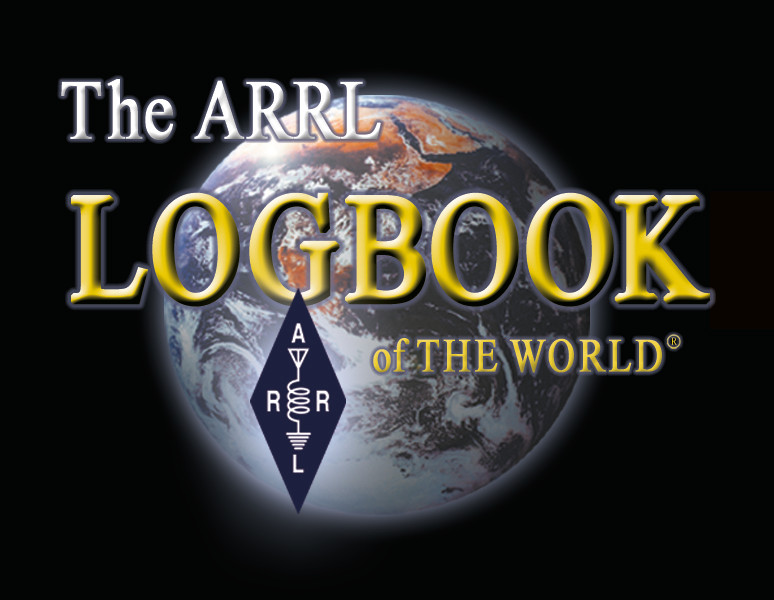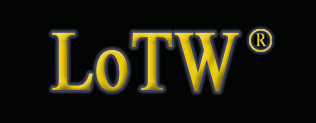LoTW Mission and Objectives
LoTW is amateur radio’s most trusted vehicle for acknowledgement of contacts, worldwide.
LoTW’s Mission
LoTW’s defining role is to provide confirmation of two-way amateur communications with impeccable reliability and security. LoTW maintains a record of logged and confirmed contacts, and identifies confirmations associated with supported awards.
Reliability, Security, Backup and Redundancy
In view of the importance of the contacts contained therein, LoTW data will be backed up daily to remote storage. This backup is for the restoration of LoTW function only, and is not accessible to individual users to restore their contact information; individuals should not rely on LoTW as a backup system, and should provide their own backup arrangements. A backup system for LoTW hardware mirroring the primary system will be established, and will also serve as a test system for system upgrades, capacity testing and regression testing.
LoTW uses very strong security to ensure that confirmations cannot be fabricated. Users of LoTW are expected to protect their Callsign Certificate(s) so that contacts cannot be fabricated. If a Callsign Certificate is discovered to have been compromised, all contacts submitted with that Callsign Certificate will be removed from LoTW, all confirmations generated by those contacts will be invalidated, and all award credit generated by those confirmations will be revoked. Users who allow their Callsign Certificates to be compromised or knowingly exploit compromised Callsign Certificates may lose their privileges of using LoTW and participating in ARRL-sponsored award programs. The integrity of LoTW must support the prestige of those awards that depend on it, such as DXCC. The goals of "ease of enrollment" and "ease of use" must be balanced against the requirement of maintaining an extremely high level of integrity.
Awards Support
LoTW’s secondary role is to provide confirmations defined in terms of various awards such as DXCC, WAS, and VUCC, and of operating events such as the Centennial QSO Party. While ARRL awards are a priority for support by LoTW, awards offered by other organizations may be supported by Logbook, subject to prioritization by the ARRL Administration and Finance Committee. Details of such support and requisite fees will be negotiated on an individual basis.
Features and Analysis
It is not LoTW’s mission to provide analysis of contacts. Individual amateurs may extract records of their confirmed QSOs for subsequent analysis and planning of future contacts, via databases, spreadsheets and the like. LoTW also provides an Application Programming Interface (API) by which developers can perform these analyses within their logging packages.
ARRL may establish special relationships with sites which provide analysis of contacts (such as Club Log), to facilitate useful analyses that are not a direct part of LoTW’s mission.
Processing Time and Availability
By the nature of many of the tasks performed by LoTW, processing is an offline (not real-time) activity. ARRL IT endeavors to keep the processing queue as short as possible, but quick processing is second to LoTW’s primary goal of authenticating contacts. Interaction with users through TQSL and as logs are submitted and acknowledged is a real-time component of LoTW function, and will be kept as interactive as possible.
Though often available around the clock, LoTW is not guaranteed to be a 24/7 application. Whenever possible, periods during which LoTW will not be available (for maintenance, etc.) will be published ahead of time (see further below).
Communication
LoTW aims at all times to keep users informed about downtime, both scheduled and un-scheduled. ARRL management will develop a policy concerning different categories of downtime and associated communications, outlining advance warnings when available and content of communications concerning unscheduled outages.
Online help for accomplishing tasks supported by LoTW will be available. Help and status information shall be available regardless of whether the user is logged in or not.
Membership and costs
US amateurs must be ARRL members to use LoTW for award credits. Cost of credits is determined by the price structure surrounding a particular award. There is currently no charge for an individual to extract results from LoTW, though this is used as a basis for awards by other issuers.
Uploading logs is a free activity for all amateurs. DX stations are particularly encouraged to upload their logs.
Currently (July 2014), the only fees are those required when contacts are used for supported awards. Premium services may be developed for LoTW which would require user fees.


